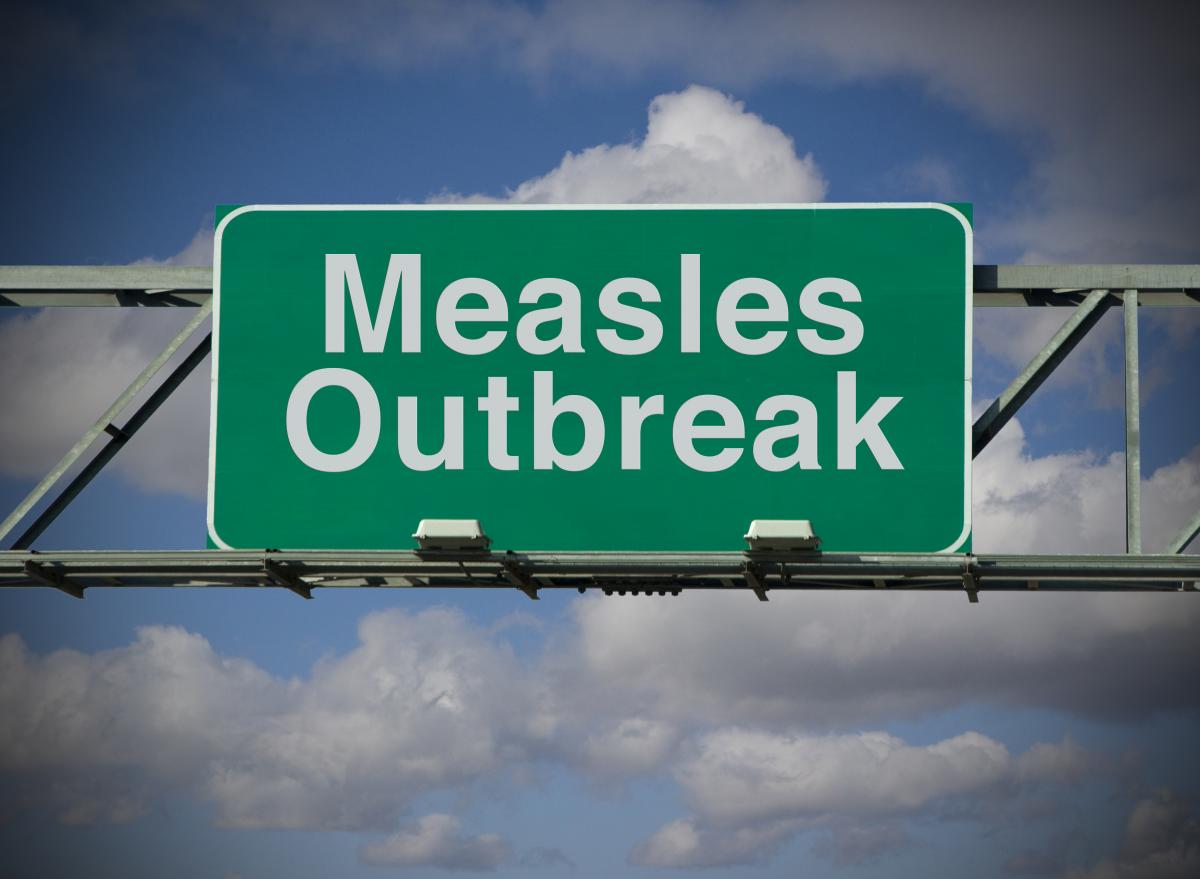I enjoy table talk at dinnertime with my daughter and her college-aged friends. Topics range from music, to the latest dating drama, and often takes flight on giggle-infested topics I don’t even try to follow.
Given my job at Public Health, the most provocative dinner guest will throw down the gauntlet and remind me that she will never be vaccinated.
Mentioning the Public Health mandate to suspend any student from school who isn’t fully vaccinated and who doesn’t have their vaccines on record with us can generate more lively conversation than the most dramatic dating dilemmas.

My daughter backs me up when her friends get onto their anti-vax soap boxes. She hangs out with some friends who come from families that are staunchly against vaccinating. But she also has spent time in Africa, South America and Asia and she knows the consequences of a society that doesn’t make vaccines a cornerstone of its citizens’ health.
Vaccinations are an important topic these days:
- Toronto Public Health has recently identified three cases of measles in the city. They’re working to make sure this highly contagious airborne disease doesn’t spread. There are measles outbreaks in other provinces too.
- In Europe there is an outbreak that is seeing young children die.
- In Romania specifically, 17 children have died from a measles outbreak. Romania used to have high rates of vaccination that protected the population. But because vaccines work so well many people become apathetic to the consequences of outbreaks. Vaccination rates have dropped. The community is no longer protected and infectious disease like measles are causing suffering for many and tragic consequences for some.
And living in Canada is no guarantee of safety. If you ever pass through your local airport you could be rubbing shoulders with under-vaccinated travellers carrying more than their luggage into this country.

Public Health is working to ensure that apathy doesn’t take root here. In January, schools notified just over 5,000 high school students and another 5,000 elementary students that they needed to have up-to-date immunization records or face suspension.
Public Health suspended over 600 high school students in Guelph and throughout Wellington and Dufferin Counties on March 22. While some don’t intend to be vaccinated, many just needed to catch up on one or two shots and report them through our website or by calling or visiting one of our offices.
Those who can’t get vaccinated for medical reasons need to file a medical exemption. Those who are unvaccinated by choice can go through the process of filing a conscientious exemption.
Schools are great institutions for learning… and for spreading germs. Public Health needs to know who is vulnerably under-vaccinated and needs protection during an outbreak so they don’t become both ill and spreaders of the disease. Students not fully vaccinated will be excluded from attending school if an infectious disease is spreading through the student body.
Public Health is guided by specific legislation that makes our agency responsible for knowing the immunization status of any student from the ages of 7 to 17. So, this week we will be suspending up to 2,000 elementary students. We’ll be working to get their immunization statuses up to date so they can safely return to school, which in turn means we can better protect our communities.
Sometimes it is controversial to do the right thing.
I am looking forward to another chat around the dinner table. I have learned that those who reject the idea of vaccines hold that position as passionately as I do when I look at the impact of vaccines in saving lives and stopping suffering.
